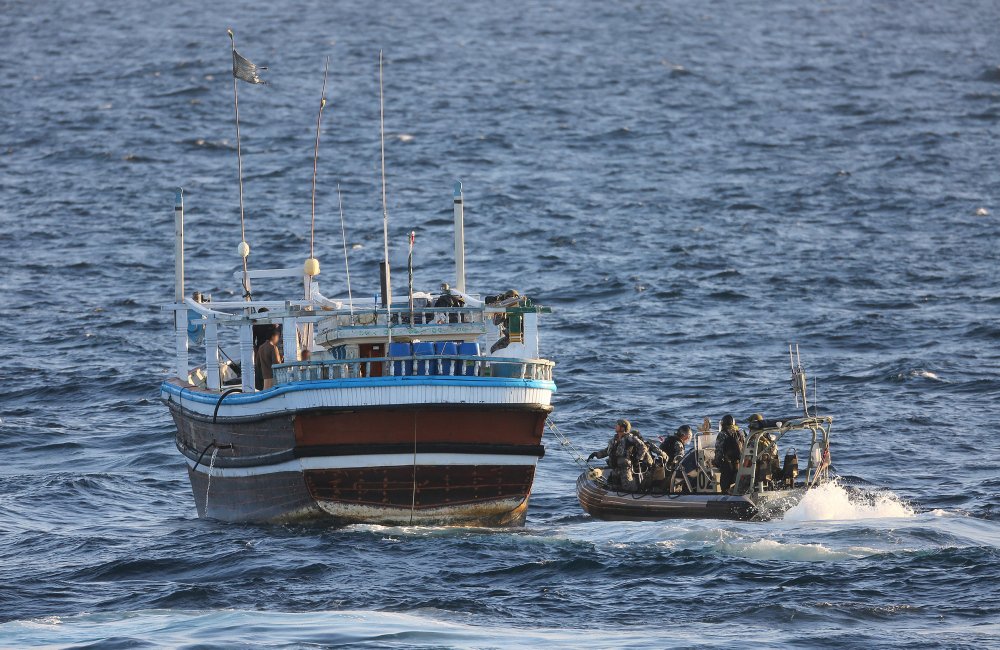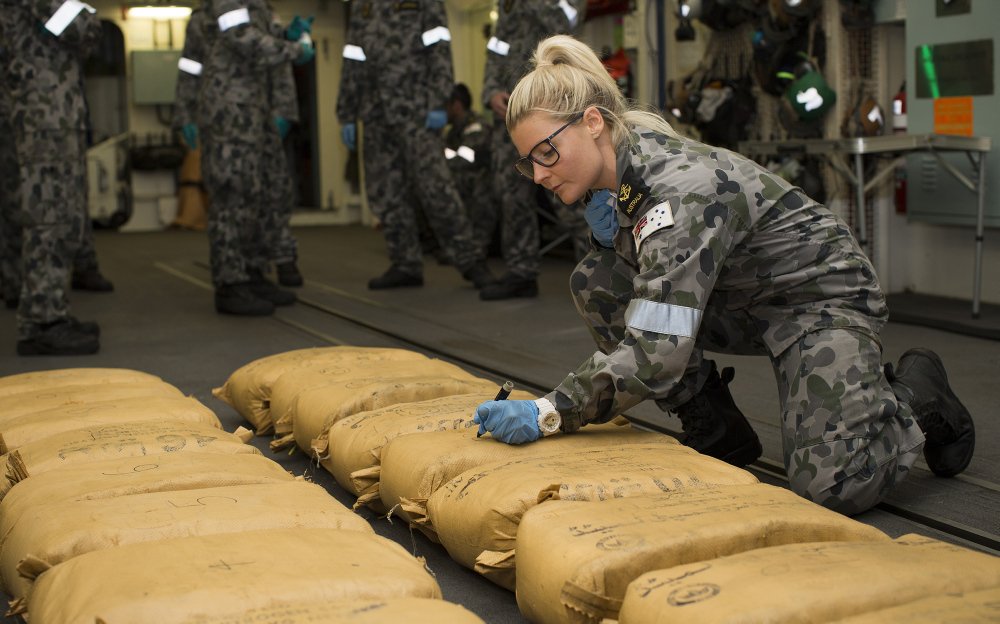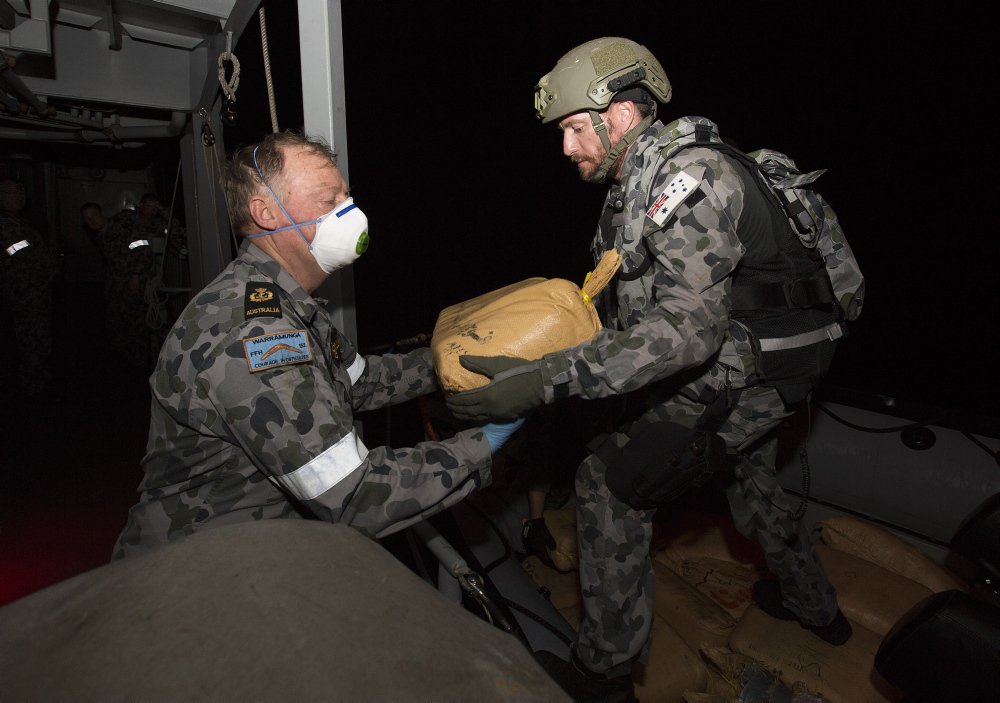World News Briefs For Sunday, 31 December 2017
Hello Australia!! - The Navy makes a big drug bust - Russians are allegedly violating the North Korean embargo - Iran faces civil unrest not seen in decades - And more in your CareerSpot Global News Briefs:
A Royal Australian Navy ship in the Arabian Sea intercepted a drug smuggling operation hauling AU$415 Million in Hashish and Heroin. HMAS Warramunga commanding officer Dugald Clelland says a joint operation with the Canadians was "able to employ our helicopter and boarding crews to locate and board three suspect vessels", where they "uncovered a large quantity of hashish and heroin intended for distribution around the world". 


The drugs will be disposed of at sea.
Russian freighters and tankers have been supplying North Korea with oil in violation of international trade sanctions that Moscow agreed to, via at-sea transfers taking place in International waters. The Reuters and AP news agencies say two Western European security sources confirmed the illegal transfers in September and October, apparently after North Korean vessels were observed sailing directly to and from Russian ports. The sources didn't provide evidence linking the transfers directly to the Kremlin, which denies involvement. This revelation comes days after Donald Trump accused China of supplying North Korea with oil, which Beijing also denied.
Pro-government demonstrators came out onto Iranian streets and clashed with thousands of anti-regime protesters, the latter group upset with rising food and fuel prices as well as what they perceive as the government's obsession with foreign policy at the expense of domestic. Police cracked down at Tehran University where some called on Supreme Leader Ayatollah Ali Khamenei to step down. While the French news agency AFP reported they were quickly outnumbered by counter protesters who shouted "death to the seditionists" and Iranian TV showed a large pro-government demonstration in Tehran, posts on social media the anti-government protests taking place in at least nine cities.
Despite his supposed illness, Peru's former dictator Alberto Fujimori worked the phones and met with several close associates to save current President Pedro Pablo Kuczynski from an impeachment vote. Reuters reports Fujimori received prison visits or spoke on the phone with at least seven of the 10 lawmakers who broke party ranks to keep Kuczynski in office. Three days later, Kuczynski pardoned Fujimori who was serving 25 years in prison for crimes against humanity including murder and directing a program of forced sterilizations of indigenous women, as well as a concurrent sentence for flagrant corruption. "Our president just gave himself away to the biggest mafia in Peru's history," said Leftist lawmaker Marisa Glave, one of several calling for Kuczynski to resign, "He's now Fujimori's hostage."
A group of Peru's top writers, including Nobel laureate Mario Vargas Llosa, have signed a letter condemning Kuczynski's pardon of the corrupt and genocidal Fujimori. They allege the decision was illegal and irresponsible, and say it covers their nation "in infamy and shame". The letter says the pardon was not an act of compassion "but of the most crude and cynical political calculus". Thousands have taken to the streets since the pre-Christmas pardon, and vow they will continue to work against Kuczynski.
Nepal is taking steps to slow the rate of mountain climbing deaths. The Himalayan nation is banning solo climbers from scaling its mountains, as well as prohibiting double amputee and blind climbers from attempting to reach the summit of the world's highest peak without a valid medical certificate. More than 200 people have died in Everest since 1920, including two Australians this year: Melbourne IT executive Matthew Jones and Francesco Enrico Marchetti of Mackay, Queensland.







 Create PDF
Create PDF Print
Print Email to friend
Email to friend